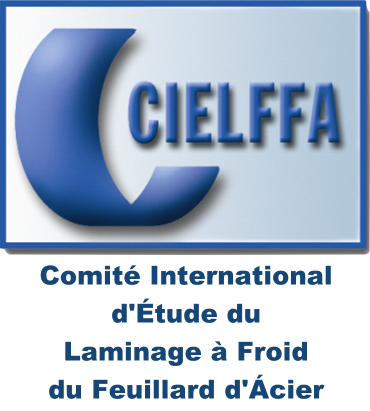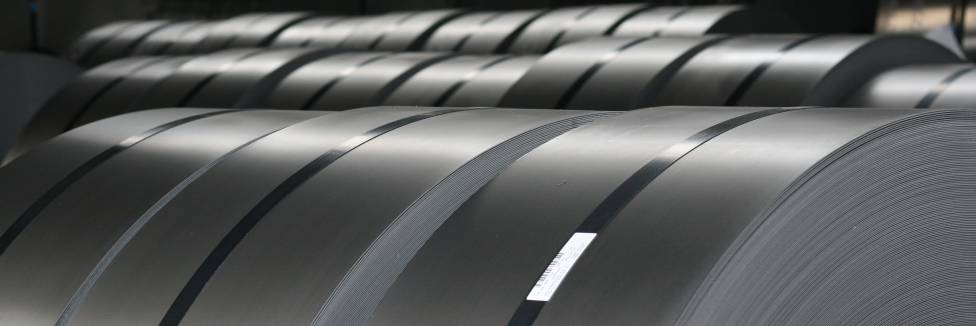21.10..2020
Cielffa and FVK have participated in the EU consultation of the European Commission on Carbon Border Adjustment Mechanism (CBAM) which ended on 28th October 2020. In the framework of the presentation of her Green Deal for Europe, the President of the EU Commission announced a CO2 border adjustment system for selected sectors (like steel, aluminium, cement etc.) in order to reduce the risk of CO2 emissions being shifted. The objective is to ensure that the price of imports to the European Union reflects its carbon content.
The cold rolling mills and the entire steel and metal processing industry have committed themselves to the climate goals of the Paris Agreement and support the EU's climate goals of carbon neutrality by 2050.
Our key issues are:
Avoidance of carbon leakage
The risk of energy-intensive industries or production moving to regions with lower climate protection standards (carbon leakage) must be avoided at all costs.
Entire value chain must be considered
Border adjustment measures must consider and include the entire value chain and flow of goods. It is not sufficient and would lead to distortions if only the raw materials at the beginning of the value chain were protected from international competition.
Maintaining the competitiveness of European’s steel and metal processing industries
With a material cost share of approx. 60 per cent, the cold rolling industry is enormously dependent on both competitive raw material prices and competitive European raw material suppliers. Limiting the border adjustment mechanism solely to the import of raw materials would have a negative impact on the competitiveness of the processing stages in Europe.
Avoiding job and investment leakage
Companies in third countries would also be encouraged to process the steel in their own country and then deliver the finished or semi-finished products to the EU, to which no border adjustment is applied. European manufacturers would come under increasing import and competitive pressure for their own products manufactured within the EU. In order to procure the raw materials without CO2 costs, these companies could in future be forced to relocate their production outside the EU.
The customers of cold rolling mills could be also encouraged to relocate their production to third countries in order to avoid the cost disadvantages in the preliminary work. Many European customers in the steel and metal processing industry are already producing in third countries and could expand these locations.
Petition
In the event of a border adjustment mechanism being introduced, the cold rolling industry demands comprehensive protection against competition that includes all processing stages of high-emission materials and products. This is the only way to prevent the risk and costs of carbon leakage being shifted to the downstream processing stages and to guarantee the protection of jobs and companies in the value chains of steel and metal processing. Protection only for selected sectors would be far too short-sighted and lead to a shift in jobs and prosperity to third countries.
Download of position paper in full length





